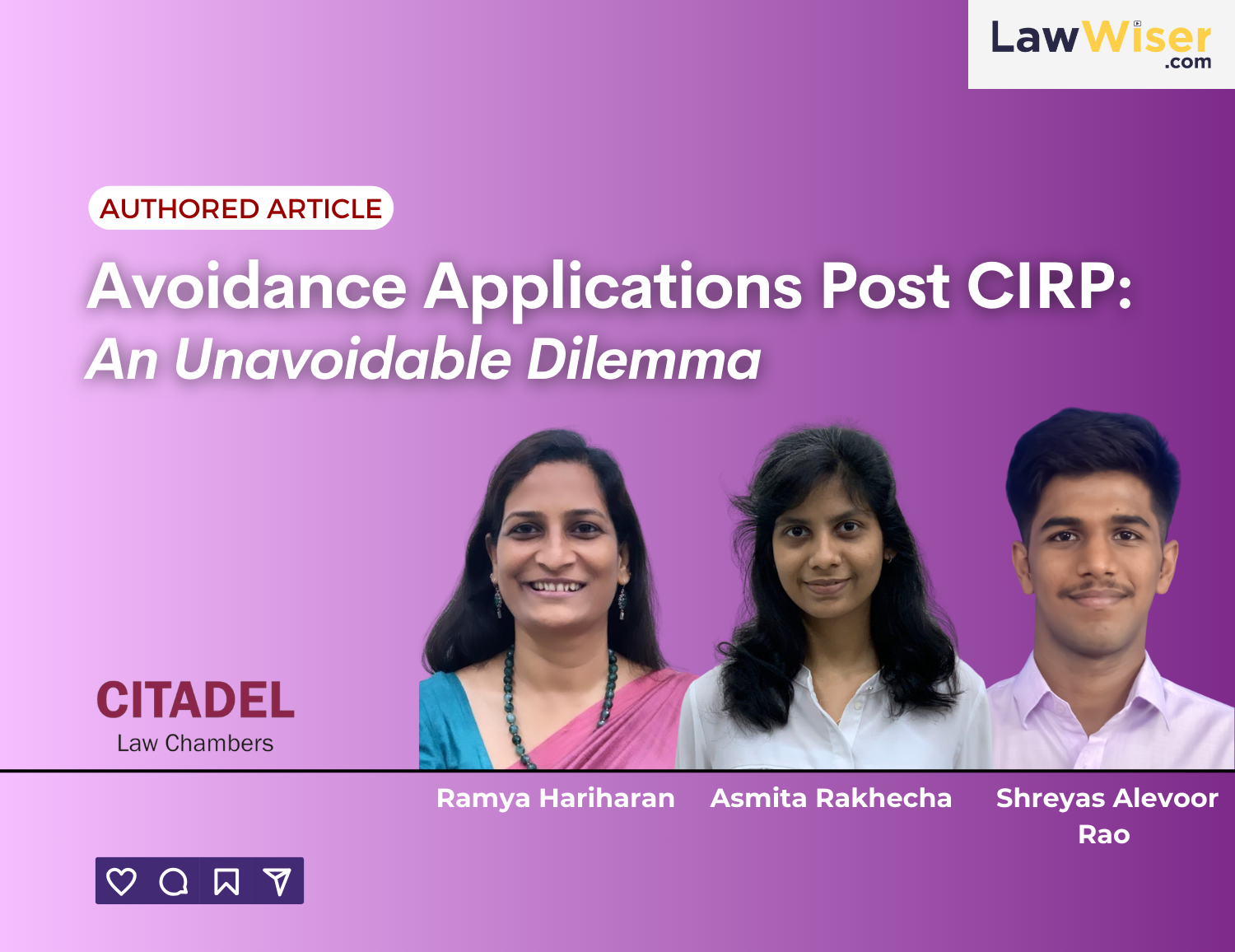A tort in Indian law refers to a civil wrong or injury inflicted on one person by another, giving rise to a legal claim for damages or other remedies. Torts encompass a wide range of wrongful acts or omissions, including negligence, intentional misconduct, and strict liability, which result in harm to an individual’s person, property, or rights. Common types of torts include personal injury, defamation, nuisance, trespass, fraud, and interference with contractual relations. Torts may be classified as intentional torts, where the defendant acts purposefully to cause harm or injury, or as negligence, where the defendant fails to exercise reasonable care, resulting in foreseeable harm to others. Strict liability torts impose liability on defendants without proof of fault, based on their involvement in inherently dangerous activities or products. Tort law in India is primarily judge-made law, based on common law principles, judicial precedents, and statutory provisions. The law of torts seeks to compensate victims for losses suffered, deter wrongful conduct, and allocate responsibility for harm among parties in accordance with principles of fairness, justice, and social policy. Tort litigation plays a significant role in the Indian legal system, providing a means of redress for individuals aggrieved by the wrongful actions of others and promoting accountability and deterrence in civil society.
Don’t have an account? Sign Up
Tort
 June 8, 2024
June 8, 2024
Most Read
The In House Circle ArticleThe In House Circle Article
In Conversation with GC Hall of Fame – Anand Vardhan of Piramal Enterprises Limited
The In House Circle ArticleThe In House Circle Article
In Conversation with GC Hall of Fame – Swathi Kamath of GKN Automotive
Share
Write a Reply or Comment Cancel reply
CONTINUE READING
TWITTER FEED
- Congratulations to @VivekSoodDelhi for being recognised as ‘Emerging Senior Counsel of the Year’ at #UKILP… https://t.co/oHwBtL5geH
- Wishing you a Merry Christmas and a Happy New Year from all of us at LawWiser!#christmaseve #newyears https://t.co/ax6VOHyUcj
- Watch @AvaniShukla27, Associate- Content & Collaborations, LawWiser to learn about the recent landmark verdict give… https://t.co/OZnf0Z9PJr
- We are delighted to share that our Co-founder @LavanyaBehl1 is featured in the 30 people to watch in the… https://t.co/wmMrtvduKk
- Sanjeev Sachdeva has rejoined Luthra and Luthra Law Offices India Leadership team as Mentor and Partner. Read More… https://t.co/7F1M8p4w23
LINKEDIN FEED
- See you tomorrow at LawWiser Sip & Paint event, Co-hosted by Desai & Diwanji. #legal #law #lawfirm
- Wishing you a Happy Republic Day from all of us at LawWiser! #republicday #constitutionofindia
- Catch a glimpse of the vibrant moments from our previous Sip & Paint event.#legalevents #lawfirm #generalcounsel
- Exploring Essential Business Documents! In our latest video, we delved into crucial documents vital for every business journey: https://lnkd.in/d-vYuDDs
- From shaping ethical business practices to ensuring social justice, law plays a pivotal role in our world. Get ready to explore how legal frameworks empower businesses and create positive societal change.#staytuned #legal #lawforchange #changemakers











 October 9, 2024
October 9, 2024 0 COMMENTS
0 COMMENTS



